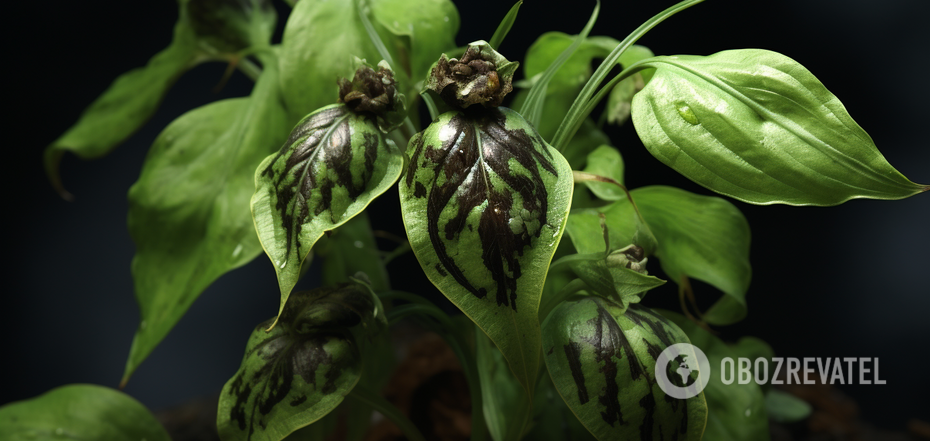Life
What you should not plant in the garden: it will be poisonous for people and pets
A garden plot in the summer house is not only a place for vegetable crops but also a field for endless experiments with ornamental plants. A flower garden, an alpine slide, a garden: all of these can decorate your private space. However, it's important to make sure that no poisonous plants lurk among the common ones.
If such a plant is picked and eaten by a child or a pet, the consequences can be very serious. Therefore, OBOZ.UA publishes a list of species that should be avoided.
Buttercup
The second name of this small yellow flower is Ranunculus. The plant's poisonous sap can cause temporary vision loss if it gets into the eyes. It can cause burns on the skin. Buttercup is also dangerous for dogs and cats. Therefore, it is better not to allow it to appear on your site.
Belladonna
This relative of potatoes and tomatoes is considered a medicinal plant. It can indeed relieve pain and alleviate asthma symptoms, but only if consumed in well-defined small doses. If belladonna juice gets into the gastrointestinal tract unintentionally, a person can suffer severe poisoning with symptoms such as hallucinations, seizures, and photophobia. In some cases, they can even die.
Jimson weed
Another plant from the Solanaceae family on this list. Jimson weed has unusually beautiful huge flowers and very dangerous sap. It is called one of the most poisonous plants in the world. It can cause nervous excitement, headaches, dry mouth, and mental disorders.
Oleander
This is a very common ornamental crop, which is better not to plant in an area where small children run around and tend to put everything in their mouths. All parts of the oleander are poisonous. Ingestion of the juice can cause severe colic, vomiting, diarrhea, and even damage to the cardiovascular system. If you do decide to have an oleander in the country, carry out all procedures for its care with gloves on only.
Cicuta
It is a member of the Apiaceae family, or Umbelliferae, like carrots or celery. It looks and smells like them. The danger of the cicuta lies in its roots. They contain a deadly poison called cicutoxin. The substance has a powerful neurotoxic effect and can cause rhabdomyolysis (severe damage to muscle tissue). According to one legend, the ancient philosopher Socrates drank cicuta to commit suicide.
Rose daphne
This poisonous bush is one of the first to bloom in spring. However, do not rush to decorate the site with it. The berries of the plant can cause severe poisoning. A dose of 10-15 pieces can be fatal. Rose daphne's toxins can cause tremors, weakness, diarrhea and vomiting, as well as inflammation of the mucous membranes. Children often confuse the berries of the plant with safe fruits, so they are at the greatest risk.
Earlier, OBOZ.UA told you how to properly prune fruit trees in winter.
Subscribe to OBOZ.UA on Telegram and Viber to keep up with the latest events.



























